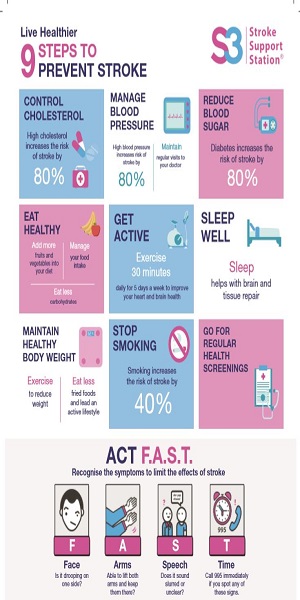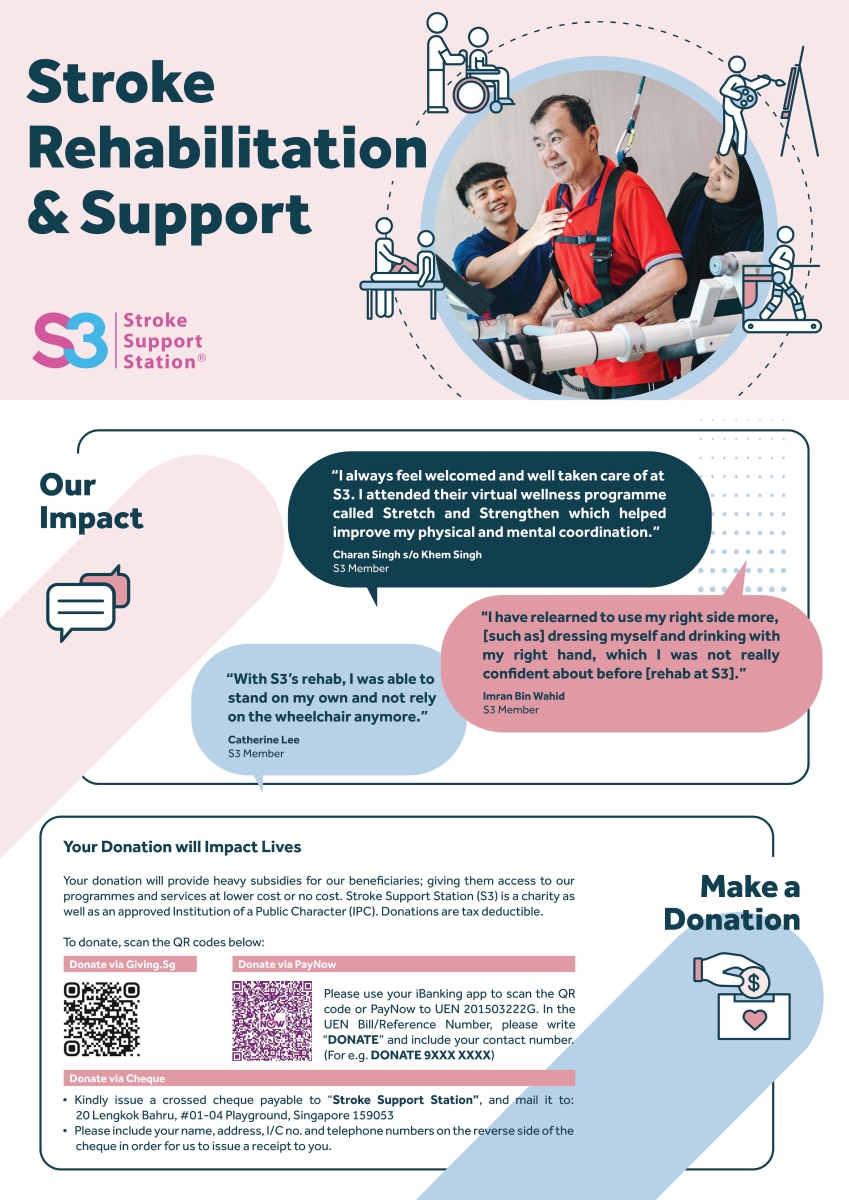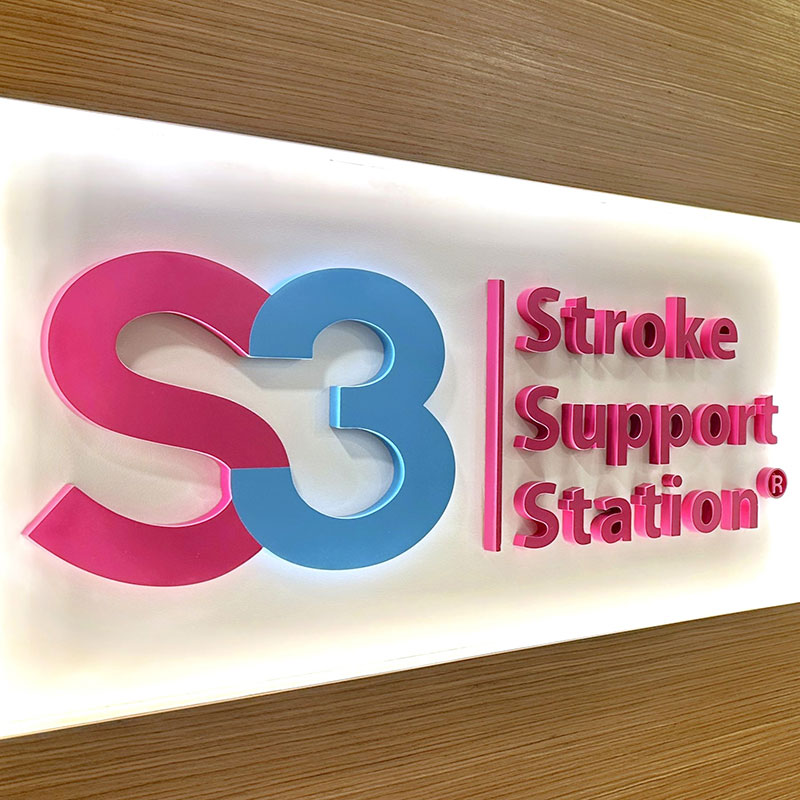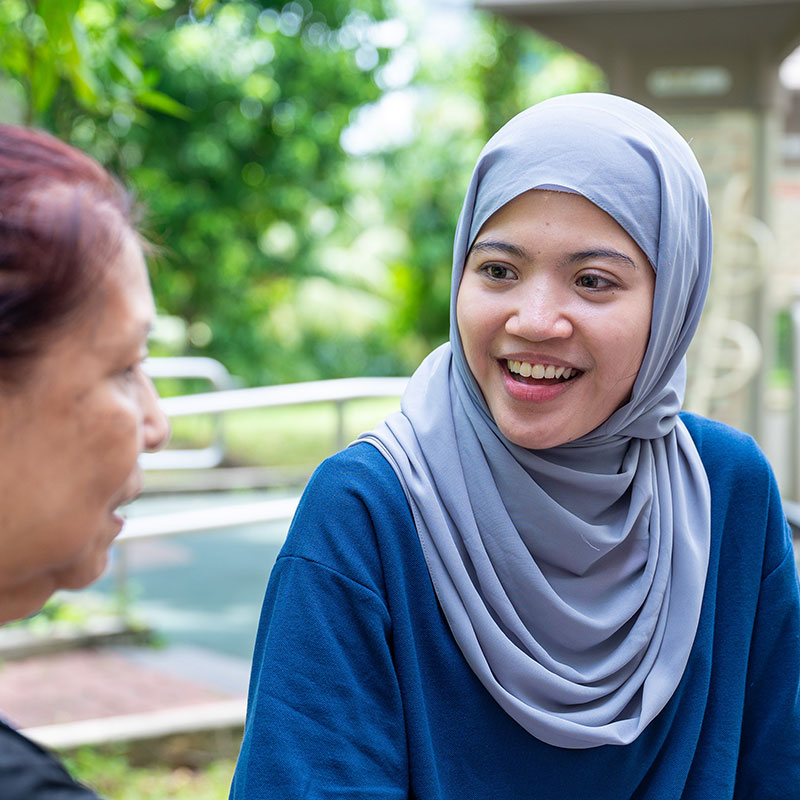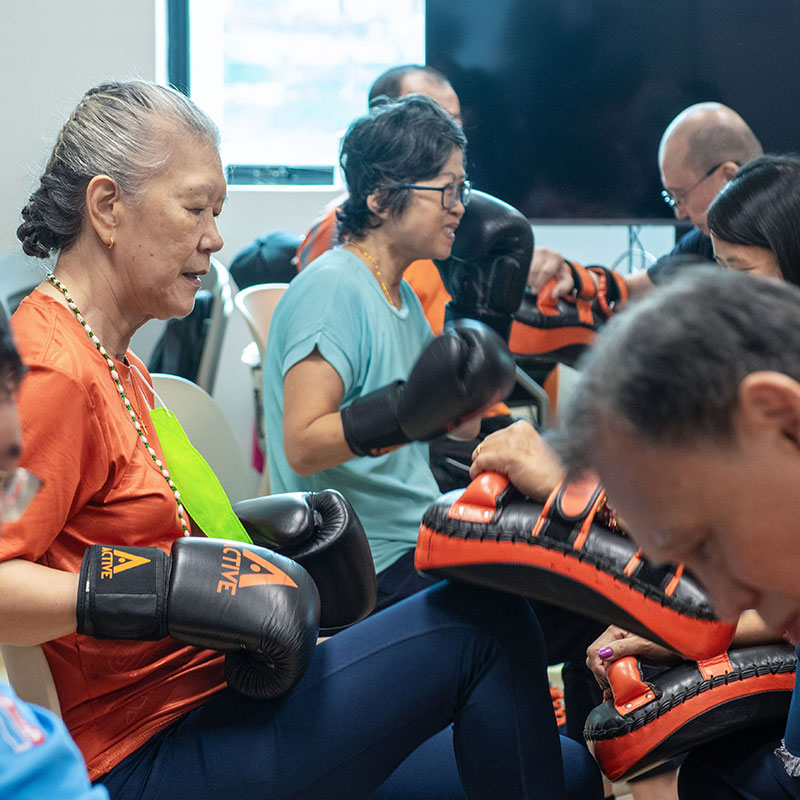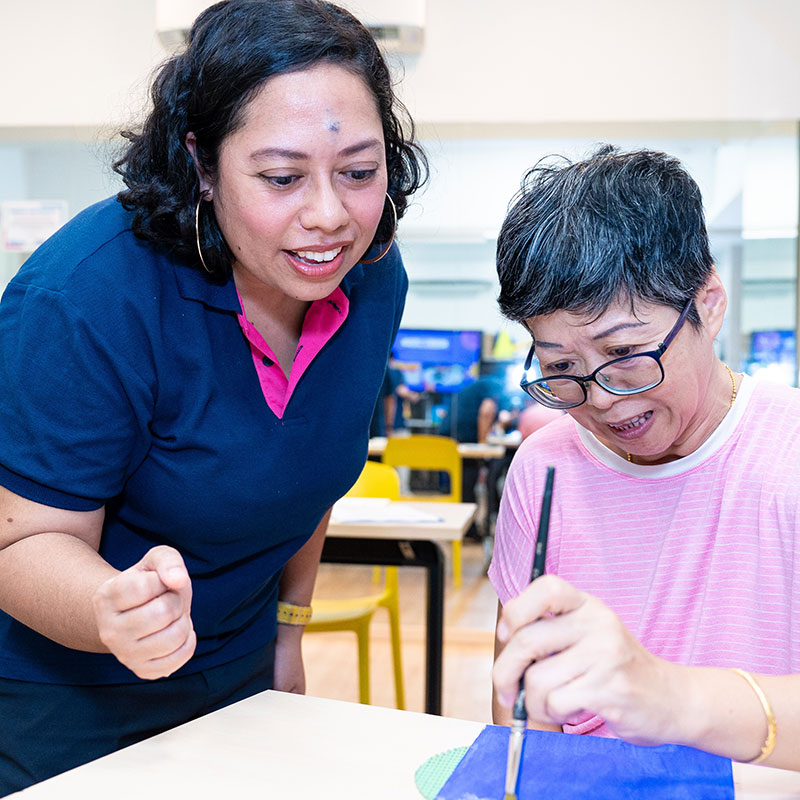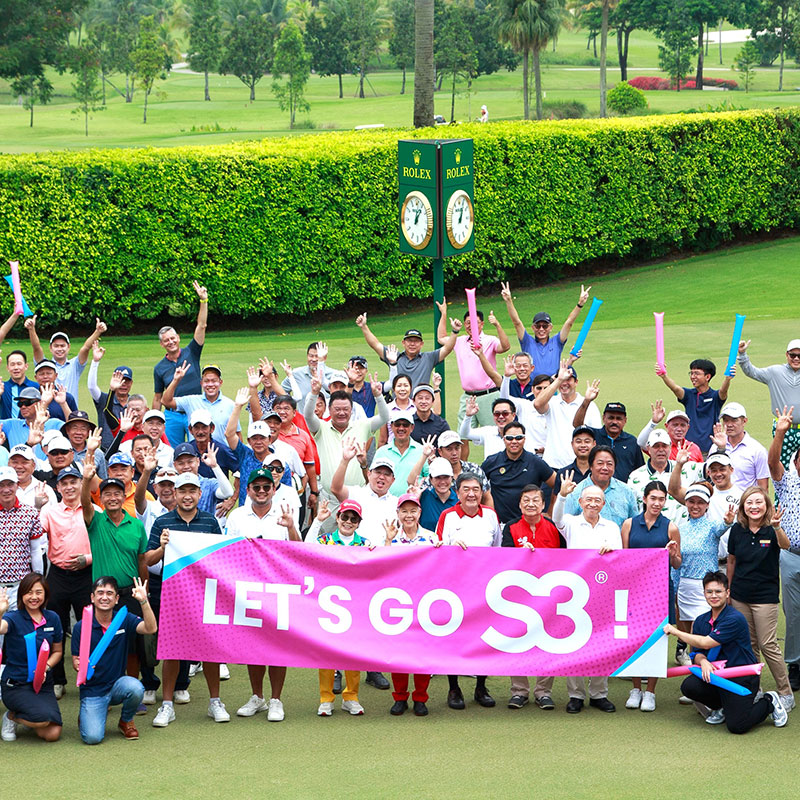Our Stories
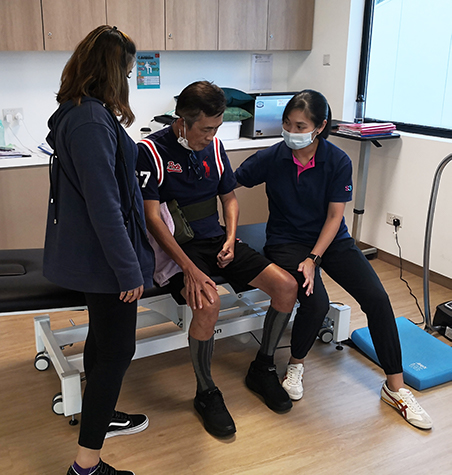
Hardworking, caring and dedicated, these are the words that stroke survivors and colleagues use to describe Shi Min, S3's senior physiotherapist. With several years of experience in physiotherapy, Shi Min is driven to help patients recover their functions and recovery. Here's Shi Min's interview story:
Why did you become a physiotherapist?
I wanted to do something healthcare related. I was looking around to see a suitable occupation in the healthcare industry. Personally, I like sports and it is my area of interest. Physiotherapy attracted my attention because it is sports and exercise based.
What do you find meaningful about being a physiotherapist?
Walking the journey of recovery with the patients is meaningful to me. I feel really fulfilled when I can see them doing the things that they like, trying new things, learn new skills,or slowly returning to do the activities that they lost their ability to do after a stroke. We, as physiotherapists, accompany them on this whole journey.
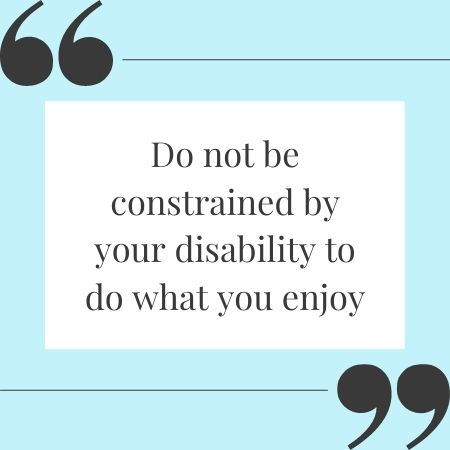
As a senior physiotherapist, what are the additional responsibilities that you have to carry?
Apart from clinical work, I also look at the team’s welfare, training and how to move the team forward. I also analyse case data and track some of the measures and methods that we use during our therapy sessions.
How do you provide guidance to your fellow colleagues?
My colleagues can approach me and share with me what they need. During observation and discussion sessions, they highlight their concerns and I try to provide support and guidance, especially with challenging cases. We also share ideas during case discussions or during the therapy sessions.
Why do you think physiotherapy in the community is important?
The community is where stroke survivors reintegrate back to eventually. We, as community physiotherapists, help them to achieve this goal. There is a growing need in the community to help stroke survivors stay active with their lifestyle and form healthy routines and habits. We guide them on their journey of self-empowerment and management.
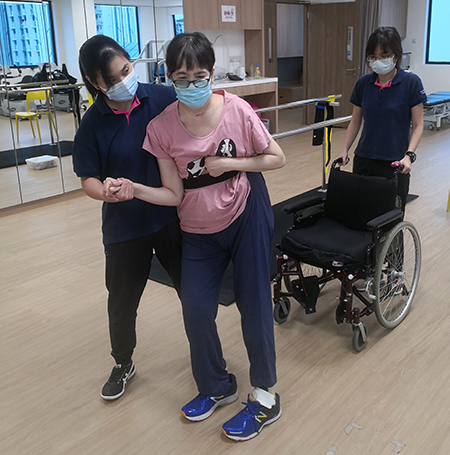
How do you apply your clinical knowledge to deliver services?
Be it group therapy or one to one therapy sessions, I believe in customising the most appropriate tools to serve the needs of stroke survivors. Being holistic in their care is also important.
How do you motivate stroke survivors to do their best?
The motivation comes from stroke survivors themselves. One way that I help them is to establish their goals and know what they want to do during the course of their recovery. Then, I find something that is meaningful for them so that they can do it with purpose. This helps to encourage stroke survivors and build up something they can work towards.
What would you like to say to stroke survivors?
Get out there to do your best and do what you want. Do not be limited by what others say and think. Do not be constrained by your disability to do what you enjoy. Go for it and things will get better!
Downloads

